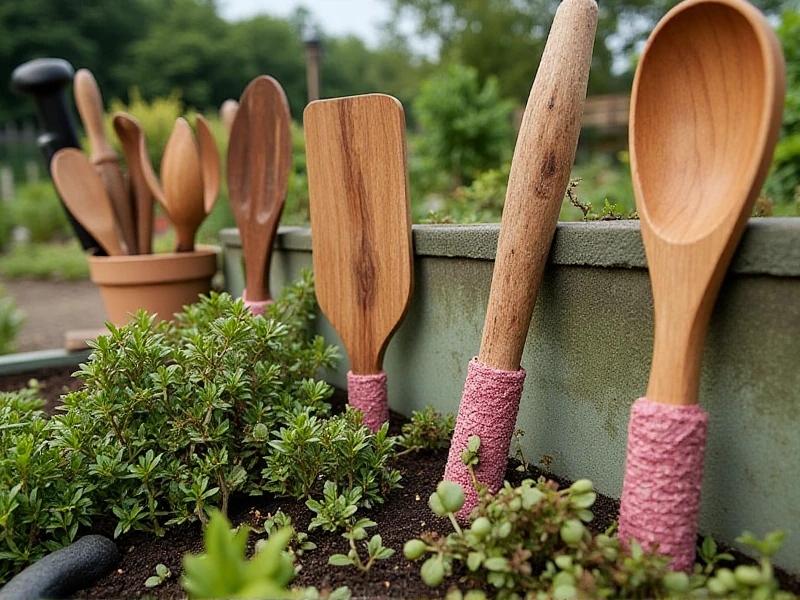The Ultimate Guide to Choosing and Using Utensils in Your Daily Life
2025-06-10

Utensils might seem like simple tools in our kitchen drawers, but they play a crucial role in making everyday meals efficient, enjoyable, and even healthier. As an avid home cook with years of experience, I've learned that selecting the right utensils can transform your dining routine from chaotic to seamless. In this guide, I'll walk you through everything about utensils—types, materials, usage tips, and sustainable choices—to help you make informed decisions. Whether you're setting up a new kitchen or upgrading your current collection, this knowledge ensures you save time and reduce waste while elevating your culinary experience.
First, let's cover the basics of utensils. These handy tools include essentials like knives, forks, and spoons, as well as specialized items like serving spoons, spatulas, and tongs. Each type serves a unique purpose in preparing and consuming food. For instance, a well-balanced fork helps with spearing salads without slippage, while a sharp knife cuts through meats cleanly for safer handling. Over the years, utensils have evolved from basic wooden designs to sophisticated options like stainless steel or eco-friendly bamboo, offering durability and ease of cleaning. As someone who tests kitchen gear regularly, I always prefer materials like high-grade stainless steel for longevity—it resists rust and stains, ensuring your utensils stay pristine for years. Don't forget about ergonomic handles, especially if you cook frequently; comfortable grips reduce hand fatigue during long sessions, making chopping and stirring a breeze.
When choosing utensils, prioritize versatility and safety. Start with a core set: a chef's knife for chopping, a paring knife for finer tasks, and basic cutlery like spoons and forks for serving. I recommend brands that offer non-slip silicone coating to prevent burning hands when stirring hot dishes. Also, think about how utensils complement different cuisines—wider spoons work wonders for hearty stews, while slender forks shine in delicate desserts. In my kitchen, I group them by function to avoid clutter; for example, dedicate a drawer to daily-use utensils like forks and spoons, and store larger items like ladles in hanging racks for quick access. As for maintenance, wash metal utensils promptly after use to avoid stubborn stains—mild soap and warm water do the trick, with vinegar soaks for tough spots. Always inspect for wear, like loose handles or nicks in knives; replacing damaged utensils prevents accidents. Plus, opting for reusable cutlery over disposable plastic reduces environmental impact; I've swapped to bamboo utensils for picnics to cut down on waste, and they're surprisingly resilient.
Moving to sustainability, utensils now come in many green options that align with eco-conscious living. Materials like recycled stainless steel or sustainably sourced wood are becoming popular, minimizing carbon footprints without sacrificing quality. In recent years, I've seen a rise in compostable alternatives made from corn starch or bamboo, which break down naturally—ideal for those aiming for zero-waste homes. To enhance longevity, store wooden utensils in dry areas to prevent warping, and lightly oil them seasonally to maintain their finish. Small steps like these not only extend utensil life but also support a healthier planet. If you're buying new, look for certifications like Fair Trade for ethical sourcing—you get reliable utensils while contributing to responsible manufacturing.
In closing, mastering utensil choices elevates your kitchen efficiency and overall well-being. I've found that investing in a few high-quality pieces beats having cheap, flimsy ones, as they hold up to daily demands. Whether you're a busy parent whipping up quick dinners or a hobby chef experimenting with gourmet dishes, the right utensils streamline every step. For more tips and updates, feel free to explore our blog or connect with me—I'd love hearing your utensil stories and helping you build a kitchen that works smarter. By focusing on durability, functionality, and sustainability, you'll transform meals from hassles into pleasures. Happy cooking!
Category: